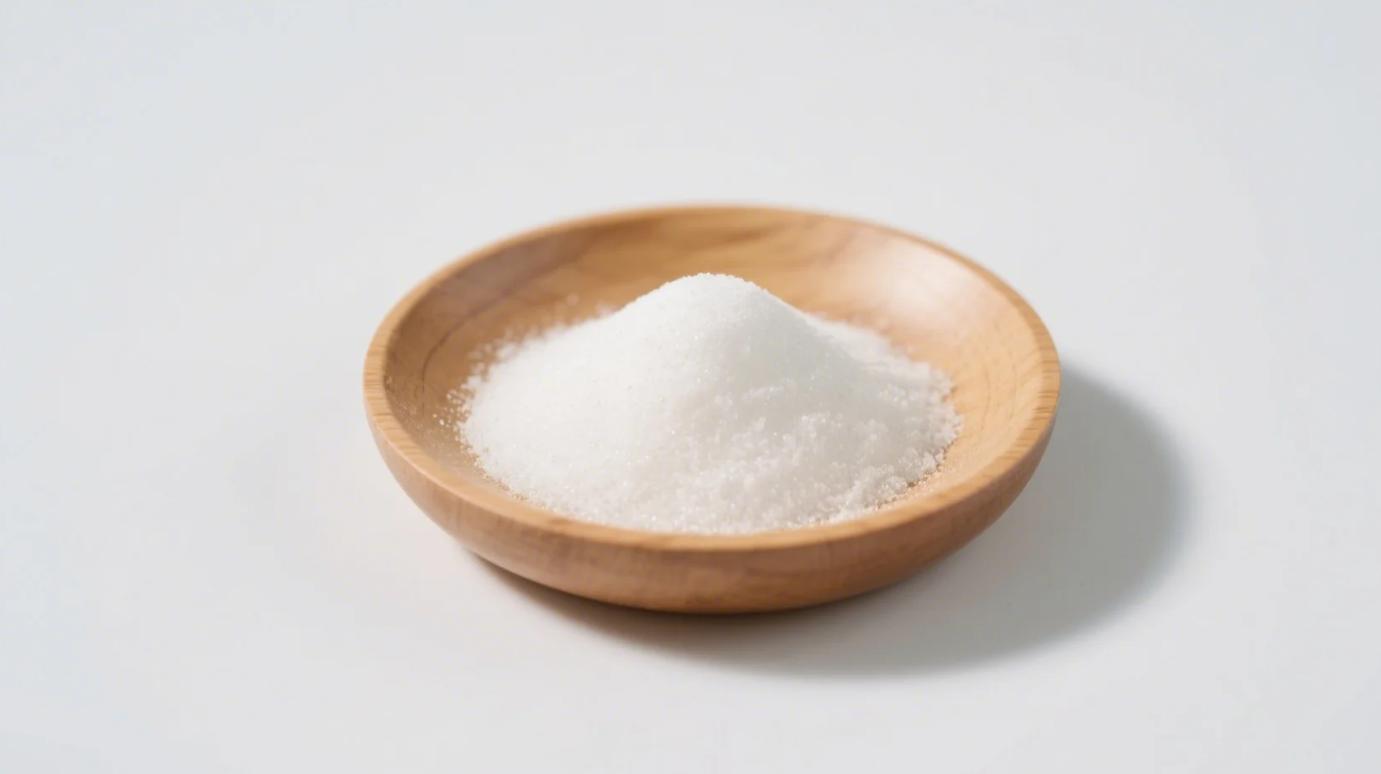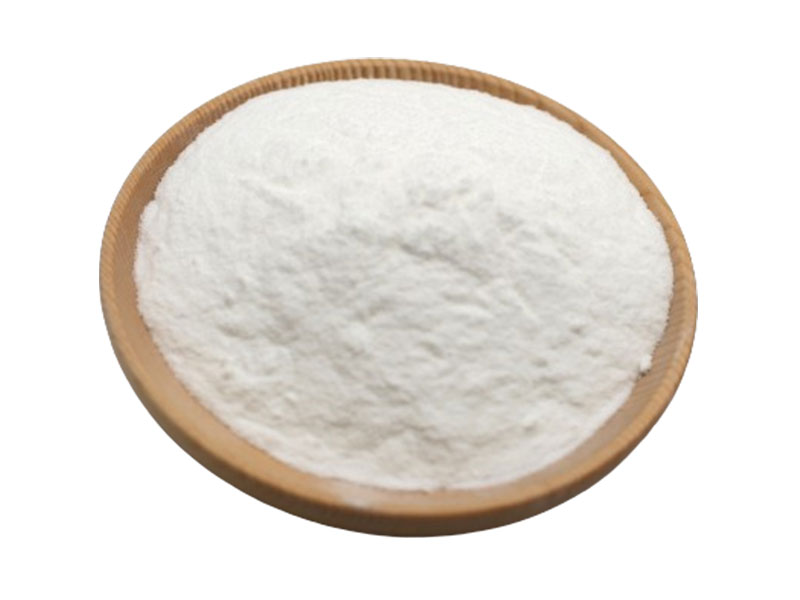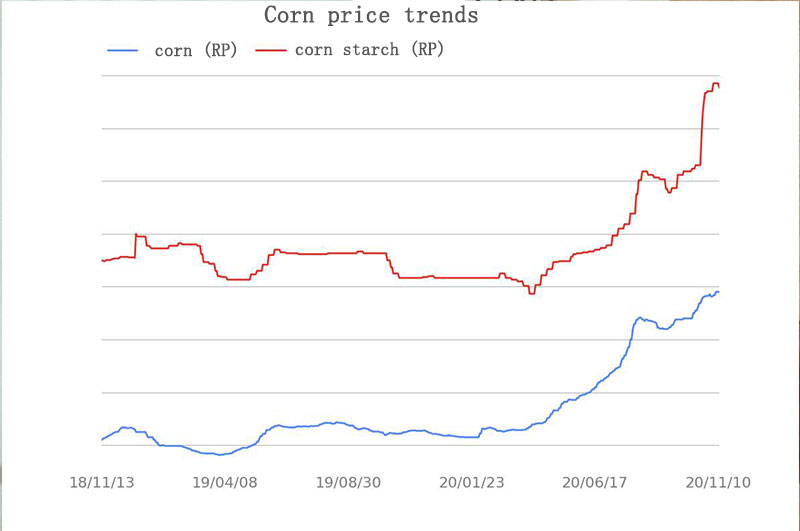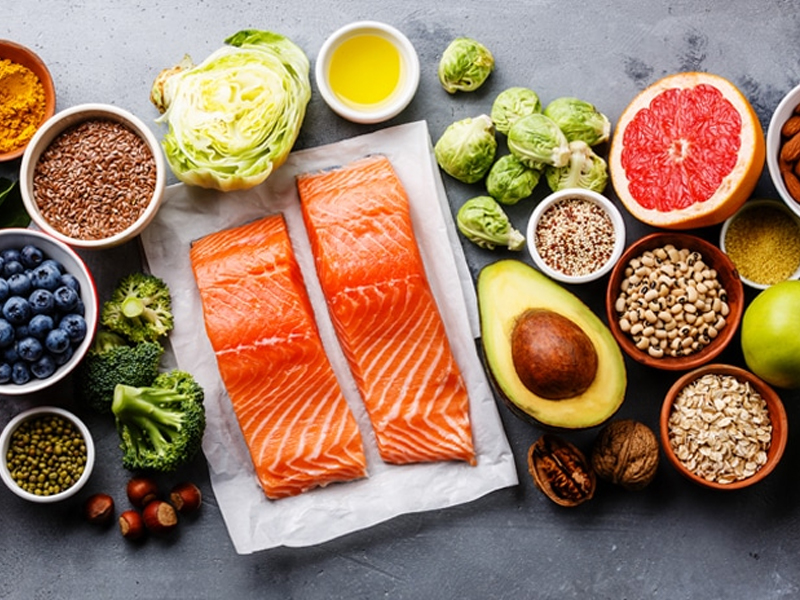The Sweetener Dilemma: Natural Doesn’t Always Mean Safe
In the quest for sugar alternatives, organic erythritol powder and stevia reign as keto and diabetic favorites. Both are zero-calorie, plant-derived, and low-glycemic—but hidden risks lurk beneath their “natural” labels. Let’s dissect their safety profiles, side effects, and science-backed verdicts.
Erythritol 101: The Sugar Alcohol with a Clean Reputation
- Source: Fermented from non-GMO corn or grapes.
- Calories: 0.2 kcal/g (95% fewer than sugar).
- Glycemic Index (GI): 0 (no blood sugar impact).
- Safety Claims: FDA GRAS, approved globally.
Pros:
✅ Gentle on Guts: 90% absorbed in the small intestine (minimal fermentation → less gas/bloating).
✅ Tooth-Friendly: Non-cariogenic, unlike sugar.
✅ Heat-Stable: Perfect for baking.
Cons:
❌ Cooling Aftertaste: Bothers 20% of users.
❌ 2023 Scare: One study linked high-dose erythritol to blood clot risks—later debunked for flawed methodology.
Stevia 101: The Bitter-Sweet Herb
- Source: Extracted from Stevia rebaudiana leaves.
- Calories: 0 kcal/g.
- Glycemic Index (GI): 0.
- Safety Claims: FDA GRAS for high-purity steviol glycosides (Reb A, Reb M).
Pros:
✅ Zero-Calorie: Ideal for weight loss.
✅ Dental Safe: No tooth decay risk.
✅ Potent Sweetness: 200–300x sweeter than sugar (tiny doses needed).
Cons:
❌ Bitter Aftertaste: 30% of people taste metallic/licorice notes.
❌ Gut Sensitivity: May cause nausea in 10% of users.
❌ Hormonal Concerns: Rodent studies suggest thyroid disruption—no human evidence.
Safety Head-to-Head: Erythritol vs. Stevia
| Factor | Organic Erythritol | Organic Stevia |
|---|---|---|
| Digestive Tolerance | ✅ Mild (safe up to 50g/day) | ❌ Moderate (nausea at >1g/day) |
| Aftertaste | Cooling (manageable in blends) | Bitter (varies by extract purity) |
| Hormonal Impact | None reported | Theoretical thyroid risk (unproven) |
| Allergy Risk | Rare | Rare (linked to ragweed allergy) |
| Processing | Fermentation (clean) | Chemical extraction (varies) |
| Environmental Impact | Low (corn/grape waste compostable) | Moderate (land-intensive farming) |
Safety Winner: Erythritol edges out stevia due to better gut tolerance and no lingering health controversies.
The Organic Advantage: Why Purity Matters
Organic Erythritol:
✅ Non-GMO: Avoids glyphosate-sprayed conventional corn.
✅ No Bleaches: Whitened naturally via fermentation.
✅ Clean Label: No maltodextrin or fillers.
Organic Stevia:
✅ No Solvents: Water-based extraction (vs. ethanol/hexane in conventional).
✅ Full-Spectrum: Retains beneficial phytonutrients.
But: Organic status doesn’t fix stevia’s aftertaste or erythritol’s cooling effect.
Who Should Avoid Each?
Choose Erythritol If:
- You’re baking or need bulk sweetness.
- You have IBS (low-FODMAP friendly in <35g doses).
- You hate bitter flavors.
Choose Stevia If:
- You need zero calories at all costs.
- You’re on a strict keto diet (erythritol has trace carbs).
- You prefer liquid drops.
Expert Tips for Safe Use
- Blend Them: Mix erythritol + stevia (2:1) to mask aftertastes.
- Buy Certified Organic: Avoid pesticides and GMOs.
- Start Small: 5g erythritol or 1 stevia drop daily, then adjust.
The Verdict: Erythritol Takes the Crown
Organic erythritol powder wins for safety, versatility, and digestive ease. While stevia is a potent zero-calorie option, its bitter notes and unproven hormonal risks make it a runner-up. For clean, keto-friendly sweetness with minimal side effects, erythritol is the gold standard—if you stay within daily limits.
Sweeten smart. Your body keeps score.
Related Products
Organic Erythritol Powder
Clean-Label Sugar Substitute for Food, Beverage, and Keto Products
Organic Maltodextrin Powder
Versatile Clean-Label Carbohydrate for Food, Beverage & Nutraceutical Applications



